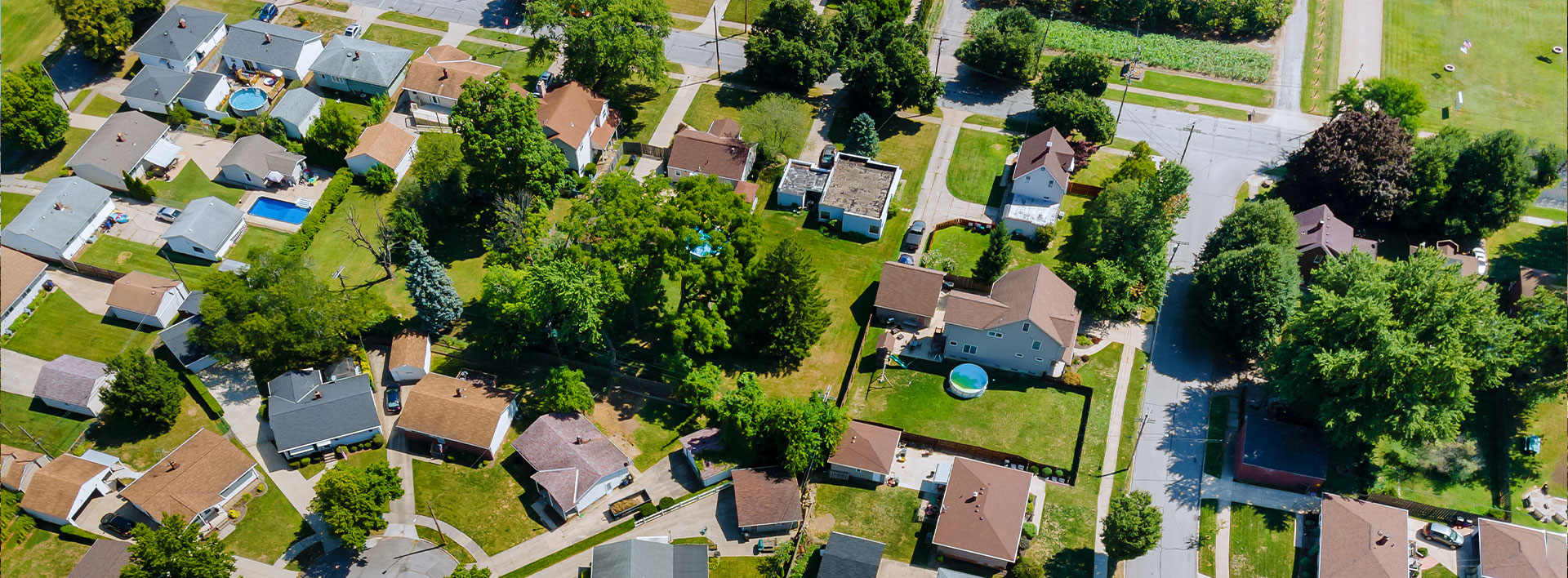
How to Buy Your First Home in Alberta
Buying your first home is an exciting life event that comes with some big decisions. It can be hard to know where to start, especially when it’s your first time going through the home-buying process.
Table of contents
Get Your Finances in Order
Step one of buying your first home is evaluating your financial situation. Buying a home is an investment that requires a stable income and a healthy credit score. The cost of buying a home includes more than just the purchase price, and you’ll need to factor in these additional costs as you prepare your finances.
The down payment & mortgage insurance
In Canada, anyone who wants to buy a home needs to have a minimum 5% down payment based on the purchase price of the home. The average price of a home in Alberta is around $425,000, meaning that most home buyers will need to have at least $20,000 available for their down payment. If you plan to purchase a home over $500,000, you’ll need to have a minimum of 10% of the purchase price for your down payment.
The down payment is the biggest expense you’ll need to save for, and if possible, you’ll want to have more than the minimum 5% or 10%. This is because down payments of less than 20% of the purchase price are considered high-ratio mortgages, meaning they are riskier for credit unions and banks to offer. The federal government requires that mortgage lenders protect themselves and home buyers when offering riskier loans, so you’ll have to get mortgage insurance if you plan to have less than 20% toward your down payment.
The insurance premium fee for mortgage insurance is based on the size of your down payment and dollar value of your mortgage. Your lender will calculate this premium and build it into your monthly mortgage payments to help spread out the cost of the premium and make buying a home achievable for you.
If you’d like to compare mortgage scenarios across differently priced houses and sizes of down payments, and see estimated costs for mortgage default insurance premiums, check out our handy mortgage calculator.
The deposit
Once you find your dream home, you’ll need to make the seller an offer to purchase. Part of the offer includes a deposit, which is money paid up-front to give the seller assurance that you intend to secure the rest of the financing needed to purchase the home.
The deposit makes up part of your down payment and can be included as part of the 5% – 20% you’ll need to have ready before you purchase a home. Unlike the down payment, there is no hard and fast rule on how big your deposit needs to be. However, in a competitive real estate market a bigger deposit can sometimes be the difference between getting the home you want or losing out to another buyer. Your realtor will be able to provide guidance on how big your deposit should be based on local housing market conditions and standards.
An important consideration when thinking about the offer to purchase and your deposit is to include financing conditions in your offer. Financing conditions protect you and ensure that you will get your deposit back in the event your offer doesn’t go through. Offers can fall through for a variety of reasons, and your realtor can work with you to make sure the right financing conditions are in place so you won’t lose your deposit if your offer is unsuccessful.
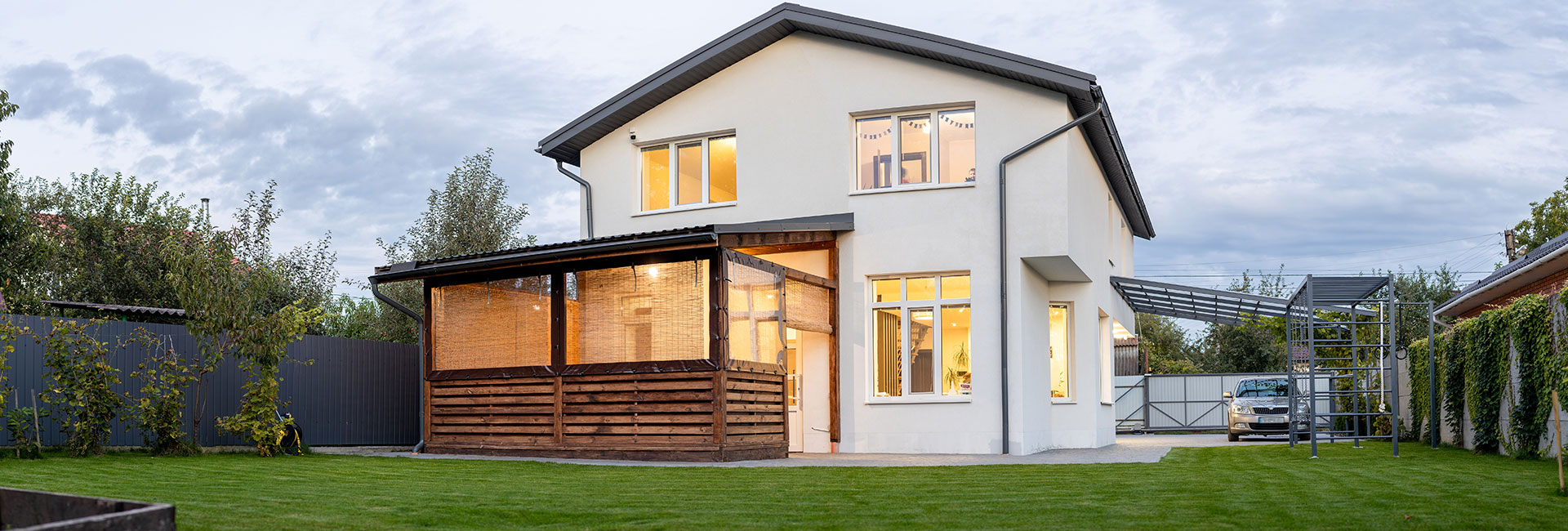
Closing costs
In addition to your down payment, you’ll need to have about 1.5% – 4% of the purchase price to account for closing costs. This means for a house purchased at $425,000, you’ll want at least $6,400 set aside for closing costs.
Closing costs include:
-
Legal fees for your lawyer, who will prepare the mortgage and arrange the transfer of funds to the seller from your lender, transfer ownership of the property title from the seller to you, arrange the land transfer tax payment (which is usually the biggest expense in closing costs), complete adjustments for pre-paid property tax and utility expenses, and offer you title insurance on the property. Title insurance is usually optional, but it is a great idea to protect yourself from unexpected surprises that weren’t disclosed in the sale, especially if you are buying a resale home.
-
Home insurance, which your lender and lawyer will require you to have in place before the closing process can be completed. Home insurance protects both you and your lender in the event of a fire, natural disaster, accident damage, theft and more. There are various coverage options available either through your lender or third-party insurance broker.
-
Mortgage life, critical illness, disability or job loss insurance is optional, but can give you peace of mind that you are covered in the event of unexpected life events that make it difficult or impossible to pay your mortgage. Your lender will give you options to protect yourself when you go through the mortgage application process.
-
As a buyer, you can choose to have a home inspected prior to submitting your offer or as a condition of your offer. Inspections help you understand if there are defects with the home and prepare you to plan for any necessary renovation costs, especially if you are buying an older home.
-
Your lender may also require you to pay for an appraisal to ensure the price is an accurate reflection of the value of the home. If an appraisal is required, your lender will not provide financing until the appraisal is complete to confirm the market value of the home.
Help with Financing
Getting together the necessary funds to prepare for buying a home can be daunting, but luckily there are programs available in Canada to help make these costs more affordable, especially for first-time home buyers.
These programs include:
-
The First-Time Home Buyers Incentive offered by the federal government provides an additional 5% or 10% toward your down payment for your first home through a shared-equity mortgage.
-
As a first time buyer, you can claim up to $5,000 through the Line 31270 – Home buyers' amount credit.
-
A GST/HST New Housing Rebate applies to you if you are purchasing a new or highly renovated home from a builder.
-
You can withdraw up to $35,000 from your registered retirement savings plan (RRSP) through the Home Buyers' Plan (HBP) to help with your down payment.
Mortgage Pre-Approval
Once you have your finances in order, it’s a great idea to get pre-approved for a mortgage before you even start looking for a home. Your lender will review your finances to evaluate your income, current expenses, debts, assets, investments and savings. Based on this, they will determine the maximum mortgage amount you can afford and will also run a mortgage stress test to ensure that if your financial situation changes or if interest rates increase, you’ll still be able to make your payments.
Once you’re pre-approved, your lender will guarantee you an interest rate for a set period of time while you shop for a home, typically 90–120 days. Interest rates set by the Bank of Canada have been steadily climbing in recent years to combat inflation, and pre-approval allows you to lock in a lower rate for your mortgage term.
Having pre-approval also helps to guide your home buying process, because you’ll know exactly how much you can spend on a home. This can dictate the types of homes you might consider (single-family detached home, condominium or townhouse), the cities, towns and neighborhoods you look in and can give you an idea of how your budget and lifestyle might need to change based on your new mortgage expense.
Remember, just because you are approved for a maximum amount, doesn’t mean you need to purchase a home at the top of your limit. Consider how your mortgage payments will affect other aspects of your finances to make sure you can still live comfortably. A mortgage specialist can help you through every step of the pre-approval process.
Assembling Your Team of Professionals
Once you’ve got your finances in order and you’re pre-approved for a mortgage, you’re ready to start looking for your first home! There are three experts you’ll need to get on your team before you start exploring your options.
Mortgage lender
The first person to get in touch with is a mortgage lender. If you’ve been pre-approved, the lender you worked with will be able to support you throughout the process and answer any questions you have along the way. Once you’ve made an offer that has been accepted by the seller, your lender will help you finalize your mortgage based on the purchase price and other costs that may be included, like mortgage insurance.
Real Estate Agent
To start looking at homes, you’ll need to find a qualified real estate agent to guide you through the homebuying process and help you find the perfect home. As a buyer, you do not pay any fees to your realtor – they will be compensated by the seller once your purchase a home.
Finding a real estate agent that works for you is crucial. Buying a house is a journey, and you will need support from someone you can trust. The Real Estate Council of Alberta offers tools and tips to help find a realtor who is the right fit for you.
Lawyer
Lastly, in Alberta it is mandatory to hire a lawyer to close the sale of your home. It is best to hire a real estate lawyer, as they are experts in the legal purchase and sale of property. Once you have chosen a home to purchase, your lawyer will let you know of any hidden legal restrictions or liabilities that the property may have.
The lawyer’s primary role is to go over legal documents like the Real Property Report (RPR) and transfer the land title from the seller to you. Often your mortgage lender will request all paperwork be submitted to them by your lawyer as well.
Finding and Buying Your New Home
Your realtor will work with you to find the perfect home by asking some important questions about the type of home you want, what level of maintenance you’re comfortable with and will create a detailed list of your needs and wants in a home.
Once you find the perfect home, your real estate agent will help you through each step of making an offer. Together, you will decide an on an offer price (which may be more or less than the asking price), a deposit amount, and the terms of your offer such as financing and inspection conditions. During the offer stage, you can request specific items like inclusions for appliances and negotiate the possession date.
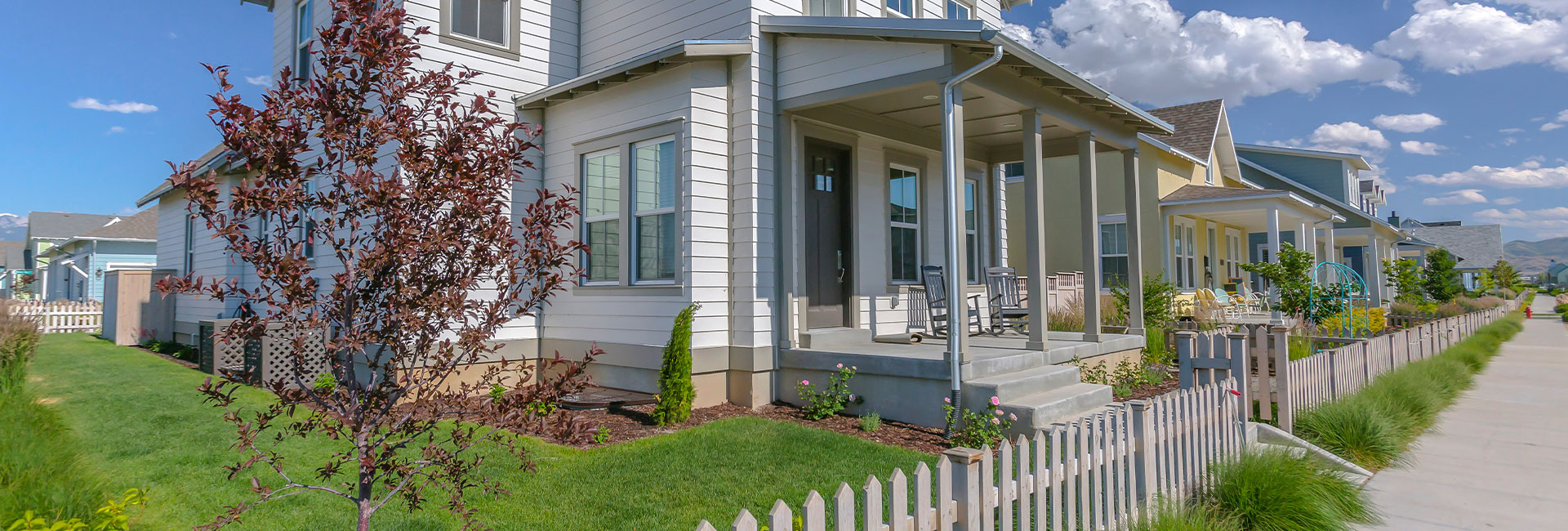
Once your offer is accepted, you’ll need to get ready for your possession date. The home insurance you purchase will need to align with the day you move in, and you’ll want to schedule utilities to be hooked up on this day as well. You can begin moving in on possession day, but after the offer is accepted you are not allowed to enter the property again until it is officially under your name. Once you move in, you can begin to call institutions to have their record of your address changed.
With market conditions fluctuating, it can be intimidating to consider buying a home for the first time. Doing your research and preparing your finances is the best way to feel confident in your decision.
We can help you begin your journey. Explore what we can offer first-time home buyers to learn more.
Book an Appointment
Related Articles
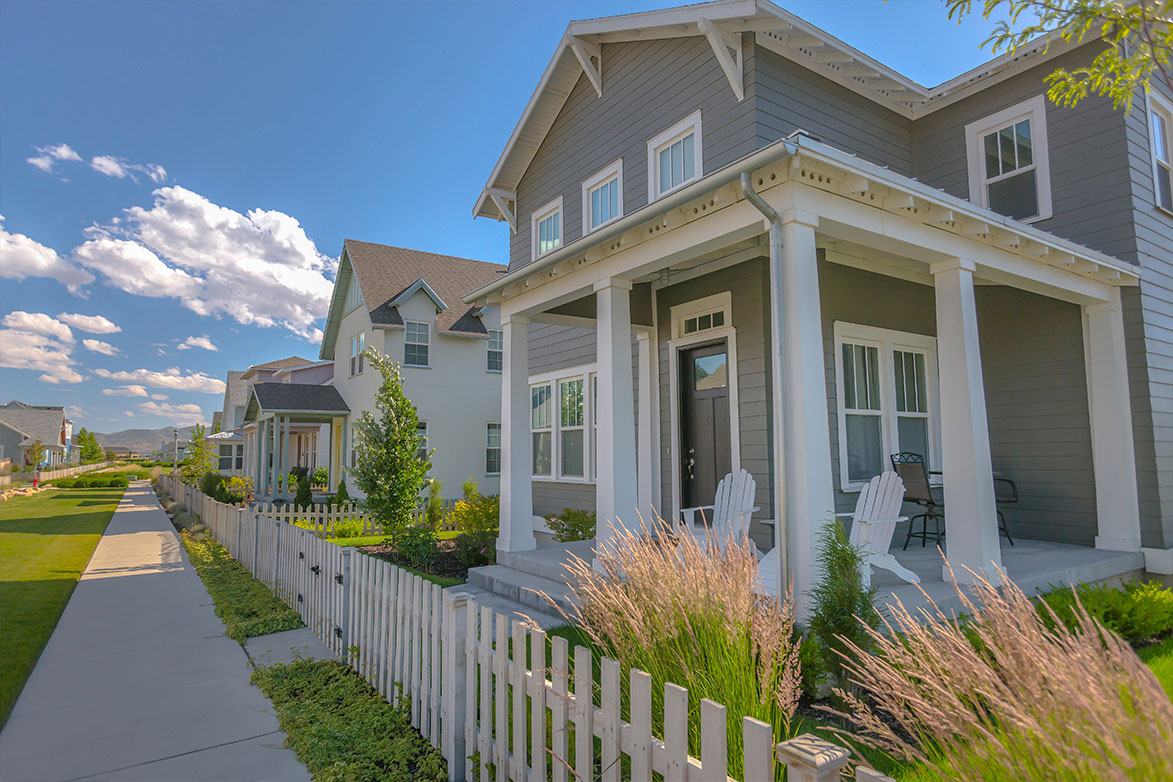
5 Hidden Homebuying Costs

Mortgage Checklist
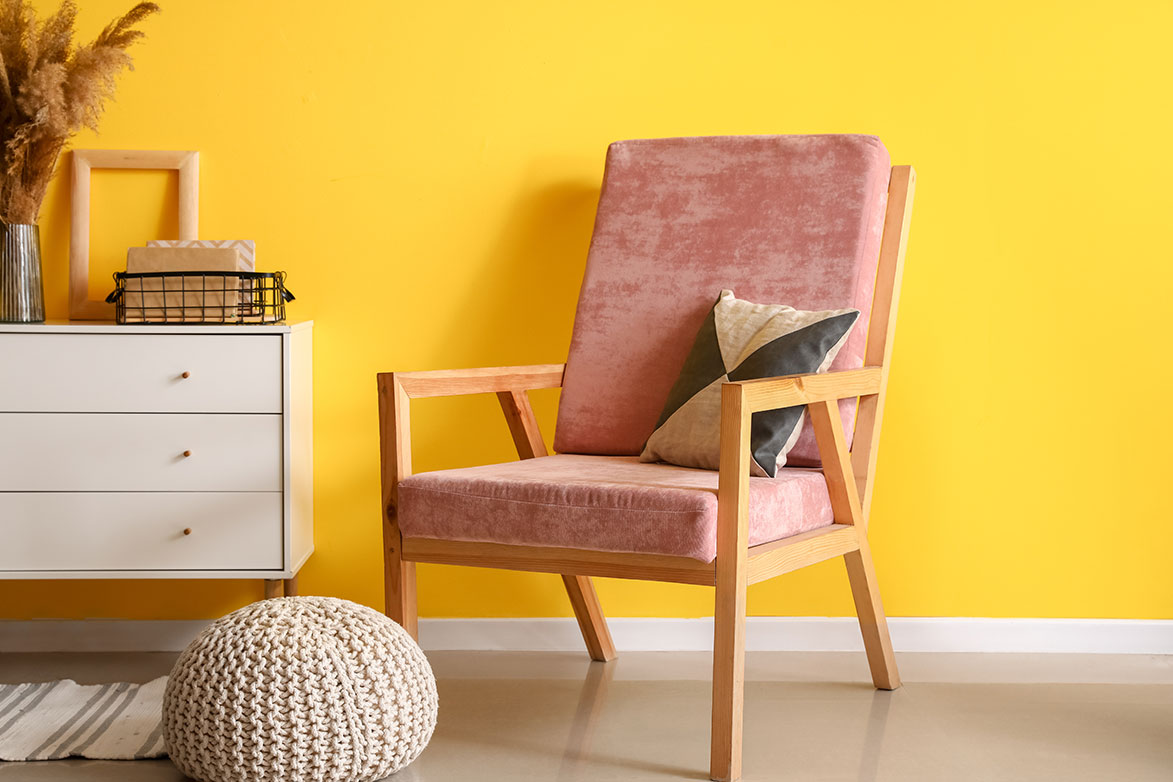
Find The Best Home Insurance

5 Hidden Homebuying Costs

Mortgage Checklist


 Search
Search







 Help Centre
Help Centre

